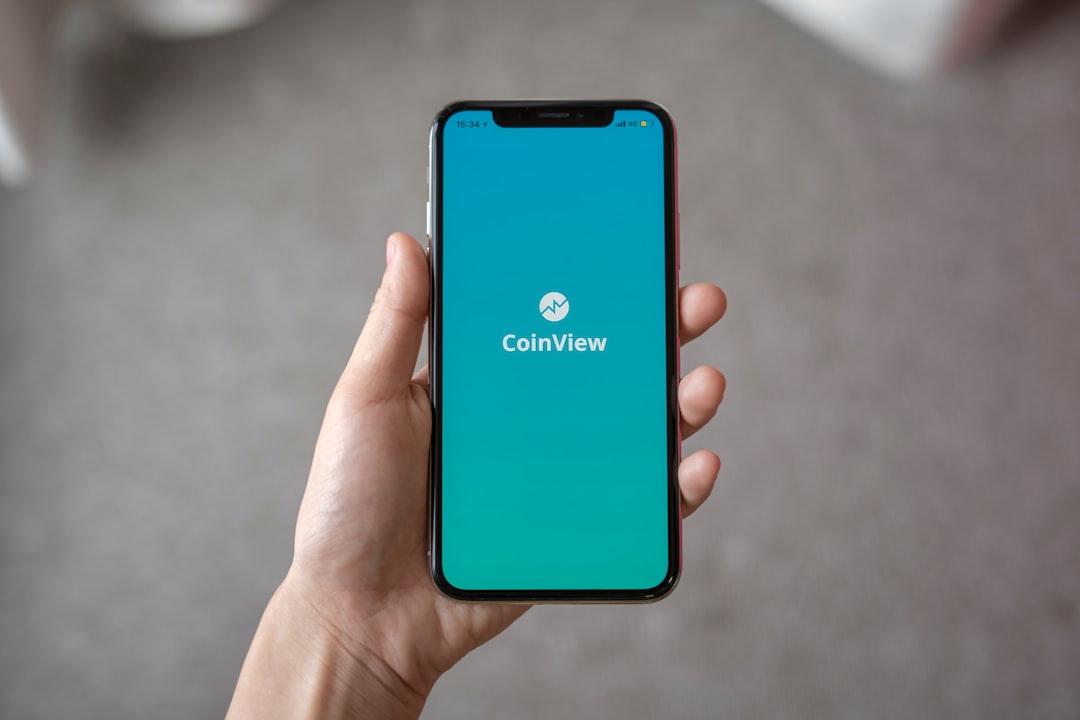In the digital age, communication regulations in Massachusetts have evolved significantly, particularly regarding robocalls and live calls, with a focus on protecting consumers from deceptive practices while enabling businesses to reach their audiences fairly. The state's Spam Call law firm imposes strict rules on automated marketing, including opt-out requirements, distinct from live call regulations covering do-not-call lists, caller ID accuracy, and call purpose disclosure. Businesses must comply with these differences to avoid legal penalties, especially the stringent Spam Call law firm Massachusetts regulations designed to safeguard residents' privacy and foster ethical marketing practices.
In today’s digital age, understanding the nuances of robocall vs. live call regulations is vital for businesses and law firms, especially in regions like Massachusetts with stringent spam call laws. This article explores the key differences between these two calling methods and their respective compliance requirements. We delve into how Massachusetts’ approach to regulating spam calls impacts law firms, highlighting practical implications and strategies to ensure adherence to local laws.
Understanding Robocall and Live-Call Regulations

In the digital age, communication regulations have evolved significantly, especially regarding robocalls and live calls. These laws are designed to protect consumers from unwanted or misleading interactions while ensuring businesses can effectively reach their target audiences. The key distinction lies in the nature of the caller’s intent and the means of delivery.
Robocall regulations encompass automated telephone messaging systems that dial numbers randomly or from a list, often promoting products, services, or fundraising causes. On the other hand, live-call regulations apply to calls made by real people who can answer questions and engage in two-way conversations. Massachusetts, like many states, has implemented a Spam Call law firm to mitigate these automated interactions, giving residents more control over their communication preferences and ensuring fair business practices.
Key Differences in Compliance Requirements

When it comes to compliance requirements, robocalls and live calls undergo distinct regulatory frameworks. The Spam Call law in Massachusetts, for instance, imposes stricter rules on automated telephone marketing, including specific opt-out mechanisms and timeframes. Firms engaging in robocalls must adhere to these stringent guidelines to avoid legal repercussions.
In contrast, live call regulations focus more on do-not-call lists, caller ID accuracy, and the disclosure of the purpose of the call. While these measures are crucial for consumer protection, they offer a broader range of compliance options compared to the detailed specifications demanded by spam call laws. Understanding these differences is essential for businesses aiming to navigate the complex landscape of telephone marketing regulations in Massachusetts.
Implications for Law Firms in Massachusetts under Spam Call Laws

In Massachusetts, law firms must adhere to strict regulations regarding robocalls and live calls under the state’s Spam Call laws. These laws are designed to protect residents from unwanted and intrusive phone marketing practices. For law firms, this means implementing robust do-not-call lists and ensuring all calls are made with proper consent. Failure to comply can result in significant fines and damage to the firm’s reputation.
Lawyers and their staff must be trained on the legal requirements, which include obtaining explicit permission before making automated calls and providing a clear opt-out mechanism for recipients. Massachusetts’ stringent approach to Spam Call laws requires law firms to balance their marketing efforts with consumer privacy rights, ensuring they maintain a professional and ethical standard in all communications.






